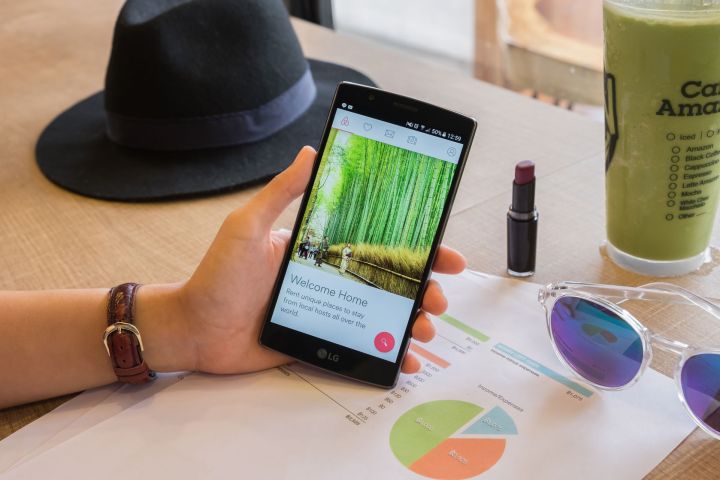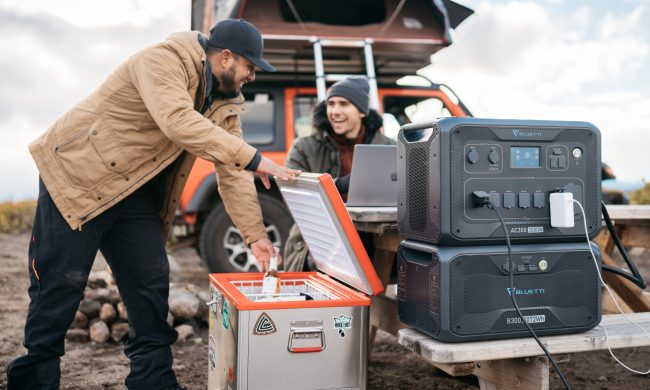
If the idea of paying for your entire vacation before you go on vacation makes you want to not go on vacation, fret not. Airbnb hears you. The short-term rental platform introduced a new way for you to pay for your upcoming rentals by not paying in full. It’s aptly named Pay Less Up Front, and as you might suspect, allows you to pay less than 100 percent of the cost at the time of booking.
Up until now, in order to reserve a bed, a room, or an entire property on Airbnb, folks had to pay for the entirety of their stay before ever setting foot in their temporary home. But now, the company is allowing customers (in some instances) to pay a 50 percent deposit, and then pay for the rest as checkout approaches. This ability to offset cost might encourage customers to book more expensive rooms, making it a good play for Airbnb.
“The new feature extends our commitment to providing flexible payment options to more guests, and greater opportunities for hosts,” Airbnb noted in a blog post. “In our testing of Pay Less Up Front, we saw a clear demand for more convenient payments: Given the option of paying less up front, 40 percent of guests chose to do so, and opted for higher-value bookings on the whole.”
Airbnb also found that the new feature encouraged users to book further in advance, which helps hosts both secure and manage their reservations more seamlessly. The new option is now available for all users on iOS, Android, mobile-web, as well as desktop. Be warned, however, that there are some prerequisites for the payment plan. The total stay must total at least $250, and you’ll have to plan ahead a bit, booking at least two weeks (14 days) in advance.
There is one aspect about Pay Less Up Front that has not been clarified, as the Verge pointed out. Airbnb hasn’t made clear whether the 50 percent deposit upfront actually guarantees your stay — sometimes, hosts have the option of accepting but later rejecting a booking if they realize they can get a better price. We’ll update you when we determine whether or not this is the case with the latest feature.


